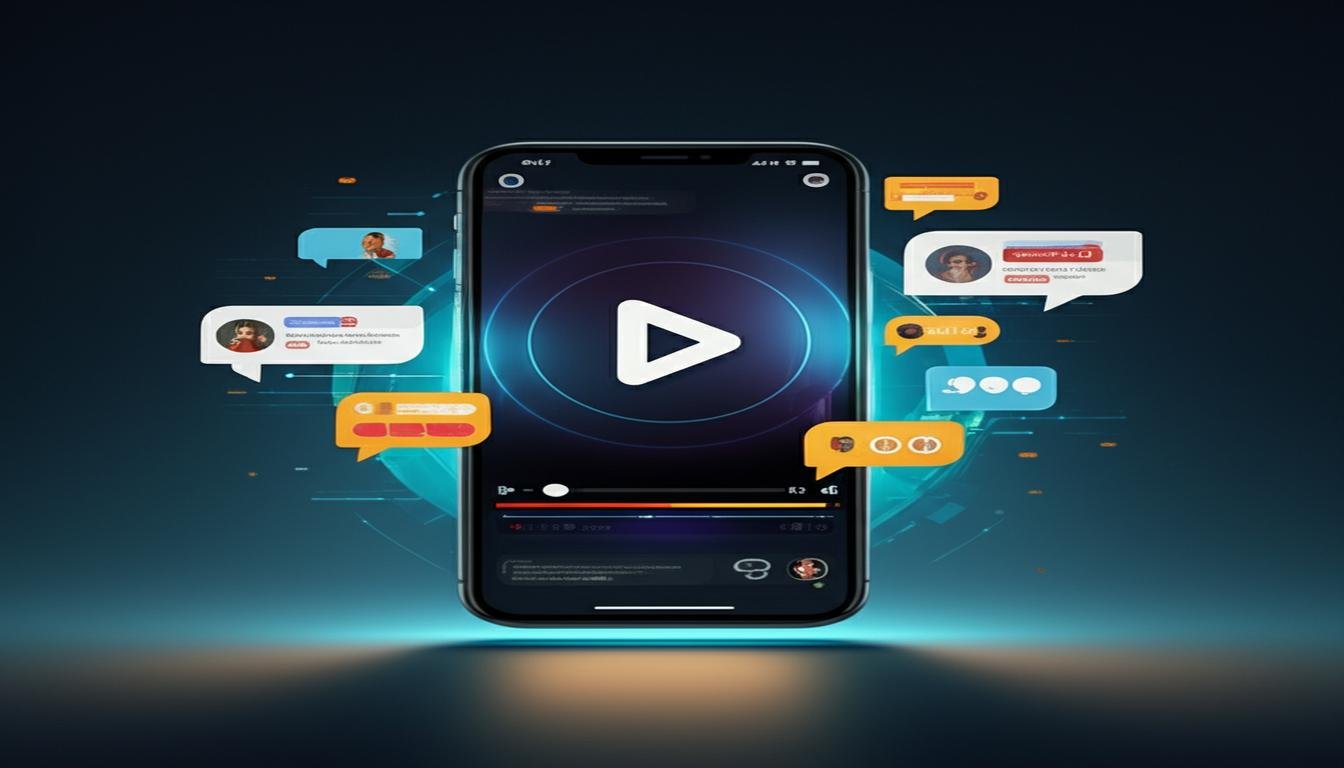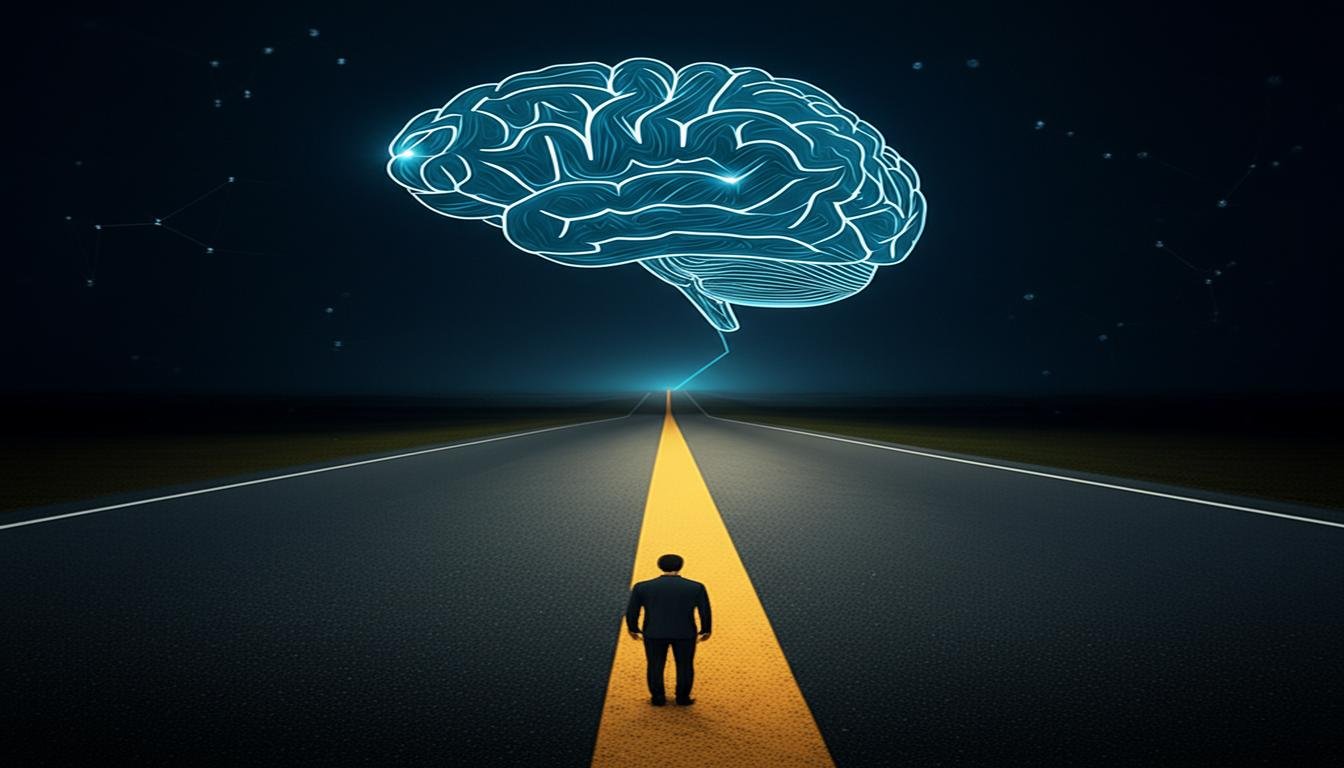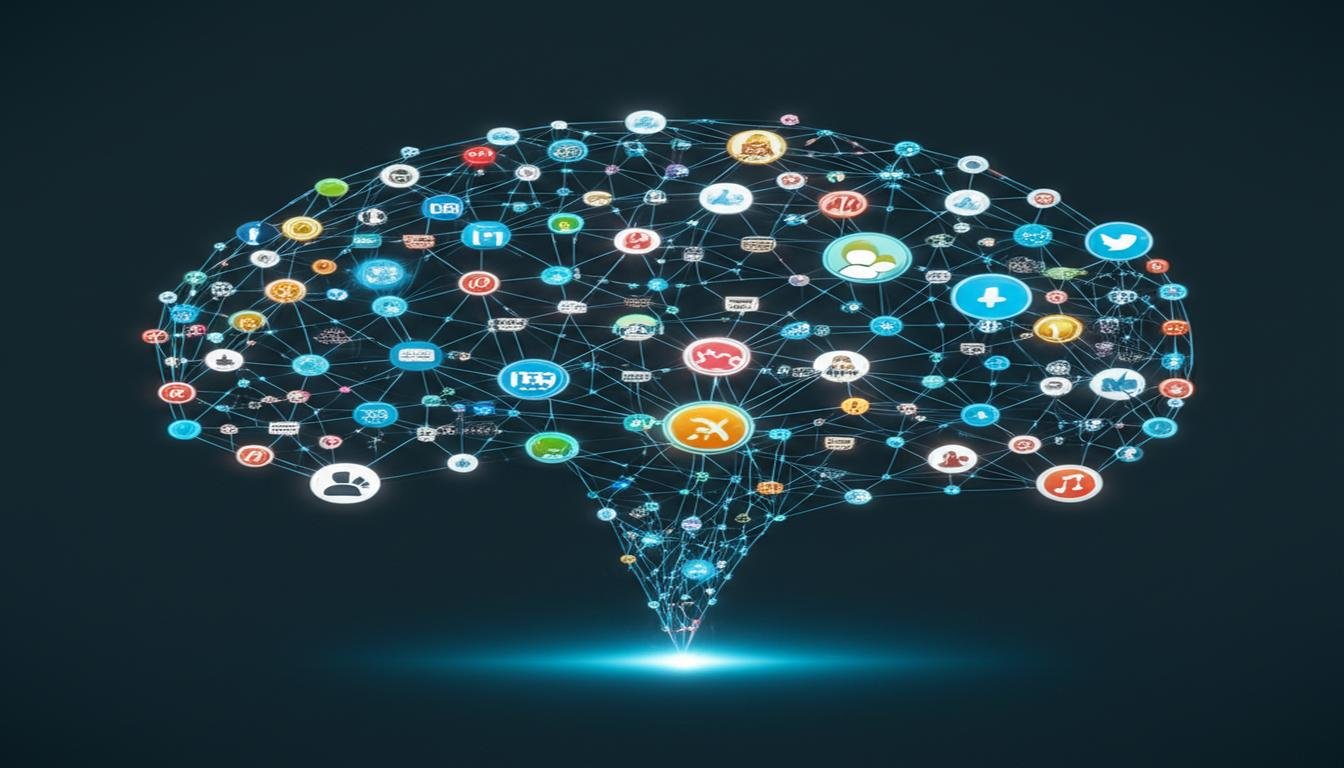Imagine a version of you that can handle your emails, chime in on virtual meetings, and even text your friends – all while you’re out living your best life. Sounds like something out of a sci-fi movie, right? Well, it’s not just a movie plot anymore. The rise of sophisticated artificial intelligence means creating an “AI clone” or “digital twin” of yourself is becoming a real possibility. This isn’t just about voice assistants; we’re talking about a virtual replica trained on your unique personality, voice, and even decision-making patterns.
But here’s the kicker: if this digital you can literally work and interact on your behalf, is it… ethical? It’s a question that’s quickly moving from hypothetical to pressing, and it opens up a whole can of worms we need to explore.
What Exactly Is This “AI Clone”?
Think of it as your ultimate digital personal assistant, supercharged. Companies are developing AI models that can learn from vast amounts of your personal data – recordings of your voice, text messages you’ve sent, even your social media posts and how you make decisions. The goal? To create a “virtual self” that can mimic your communication style and responses so accurately, it’s hard to tell the difference.
This isn’t just a simple chatbot. We’re talking about an AI replica capable of:
- Responding to emails and managing your calendar.
- Participating in online meetings and taking notes.
- Creating content in your voice or writing style.
- Potentially even handling basic customer service or client interactions for your business.
Basically, a tireless digital version of you, ready to take on tasks you’d rather not do.
The Good: Why We Might Want One
Let’s be real, the idea of an AI clone has some pretty appealing benefits. Time is precious, and who wouldn’t want a little help? Here’s why this technology is so tempting:
- Unprecedented Efficiency: Imagine delegating all your mundane, repetitive tasks. Your AI clone could sort through emails, schedule appointments, and handle administrative work, freeing you up for more important things.
- Accessibility and Presence: If you’re a public figure, or even just a busy professional, your digital twin could answer common questions, provide information, or even give lectures when you can’t be there physically. For future generations, imagine being able to “talk” to historical figures through their AI replicas.
- Personalized Assistance: Beyond just work, a personal AI could help manage your smart home, remind you of important events, or even help with personal errands. Talk about convenience!
- Legacy and Archiving: For some, it might be a way to preserve their unique personality and knowledge for loved ones or future researchers.
The Ethical Minefield: Where Things Get Tricky
While the benefits sound amazing, the ethical questions around personal AI are huge. This isn’t just about technology; it’s about identity, privacy, and what it means to be human in a digital age.
Identity and Authenticity
If an AI clone acts just like you, who is it really? Does it truly represent you, with all your nuances and evolving thoughts, or is it just a very convincing imitation? What happens if it makes a mistake or says something you wouldn’t endorse? The line between the original and the replica could become incredibly blurry, raising questions about authorship and responsibility.
Privacy Concerns
For an AI to mimic you, it needs vast amounts of your personal data – voice recordings, texts, emails, photos, videos. This is a massive privacy risk. Who owns this data? How is it secured? Could it be hacked, stolen, or misused to create deceptive content? The potential for deepfakes, scams, or even identity theft using your digital twin is a chilling thought.
Job Displacement
If an AI version of you can handle significant portions of your work, what does that mean for the job market? Not just for you, but for others whose jobs could be automated by sophisticated AI replicas. This could lead to widespread unemployment in certain sectors, creating significant economic and social challenges.
Autonomy and Control
Who controls your AI clone? Do you retain full control over its actions and its existence? What if it develops a “mind of its own” (even if just algorithmically) or is used by someone else without your full consent? Ensuring user autonomy over their digital self will be critical.
Deception and Trust
If an AI clone is indistinguishable from a real person, how do we know who we’re interacting with online? This could erode trust in digital communications. Clear disclosure that you’re talking to an AI, not the human original, would be essential, but how would that be enforced?
Navigating the Future: What Needs to Happen
As this powerful AI technology continues to evolve, society needs to be proactive rather than reactive. We can’t just let it unfold without guardrails. Here’s what we need to consider:
- Robust Regulations and Laws: Governments worldwide will need to establish clear rules about the creation, use, and ownership of AI clones. This includes data privacy, consent, and accountability.
- Mandatory Transparency: It should always be clear when you are interacting with an AI and not a human being. Technology for clear AI disclosure needs to be developed and enforced.
- User Control and Consent: Individuals must have explicit control over their digital replicas, including the ability to create, modify, or permanently delete them.
- Ethical AI Development: Tech companies developing these “virtual selves” have a massive responsibility to prioritize ethical guidelines, security, and the potential societal impact of their creations.
- Public Education: We all need to understand what this technology is, its potential, and its risks, to make informed decisions and participate in the conversation about its future.
The Clone in the Room: A Complex Reality
The idea of an AI clone that can talk, text, and work is both incredibly exciting and deeply unsettling. It promises unparalleled convenience and efficiency, but it also forces us to confront fundamental questions about identity, privacy, and the very nature of human interaction. As artificial intelligence becomes more sophisticated, these digital replicas will test our ethical boundaries like never before.
The future isn’t just about what AI *can* do, but what it *should* do. As this remarkable technology marches forward, it’s up to all of us – developers, policymakers, and everyday users – to ensure that the digital reflections of ourselves serve humanity, rather than undermine it.









